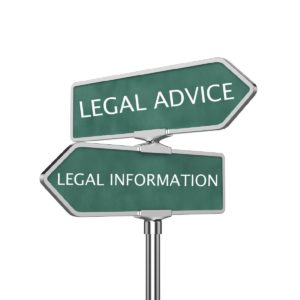
When trying a case, the more you know the better off you usually are. Information about jurors is no exception. As trial lawyers know, the amount of information one is able to obtain about potential jurors is limited (by time, by scope of questioning allowed, by juror honesty).
In today’s world, it makes perfect sense to research any information available, including social media accounts. But what are lawyers (or their agents) allowed to do when researching potential jurors’ social media accounts? Are there any limitations?
As with other social media issues, only a handful of ethics bodies and courts have spoken about it. Below are a number of guidelines, pulled together from a few jurisdictions.
Guidelines
- Generally, you may research prospective or sitting jurors’ public social media profiles/posts. (ABA; D.C.; Pennsylvania; New Jersey; West Virginia). But you might be required to disclose it. (N.D. California case)
- You may view the social media profile of a prospective or sitting juror provided there is no communication with the juror (by you, your agent, or automatically generated by the social media platform). (New York City Bar; D.C.)
- You may not make misrepresentations or engage in deceit to gain access to the social media profile/posts of a prospective or sitting juror or juror, nor may you direct others to do so. (Colorado; New York City Bar; Oregon)
- After a juror has been sworn in and throughout the trial, you may view or monitor their social media profile/posts if there is no communication with the juror (by you, your agent, or automatically generated by the social media platform). (New York City Bar; Pennsylvania)
- If you learn of possible juror misconduct as a result of reviewing a sitting juror’s social media profile or posts, you must promptly bring it to the court’s attention. (e.g., California)







